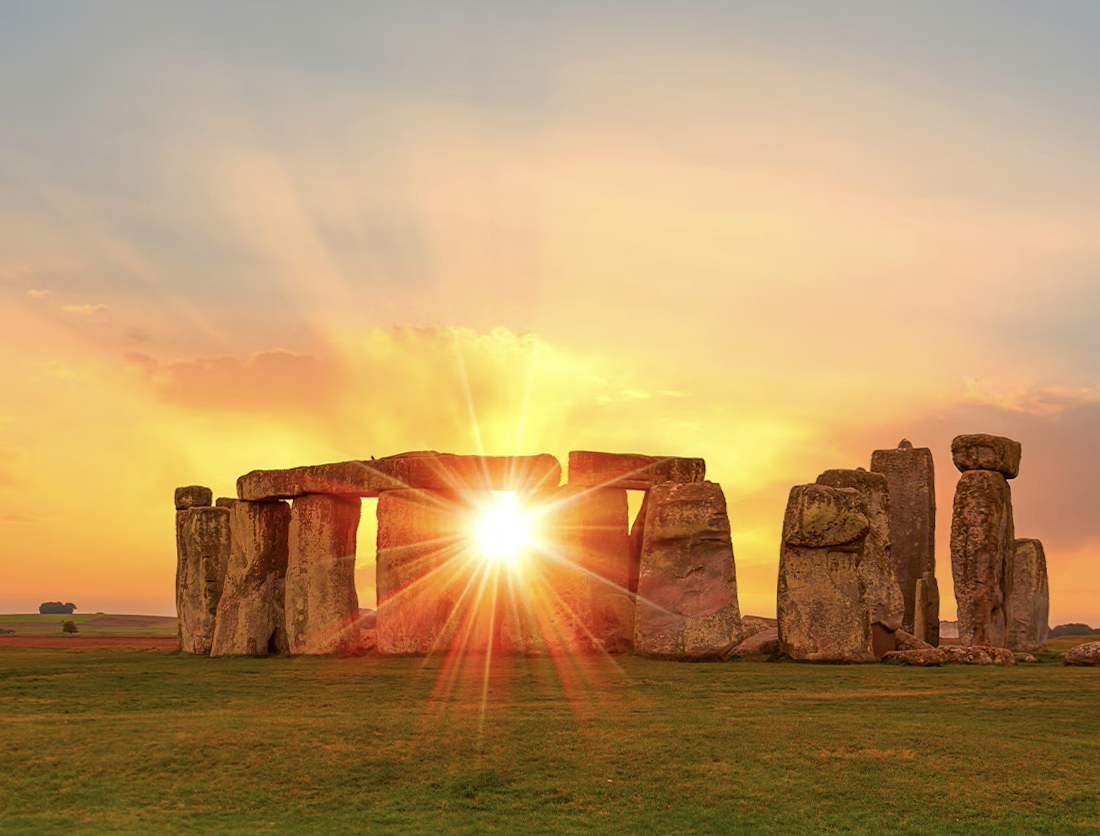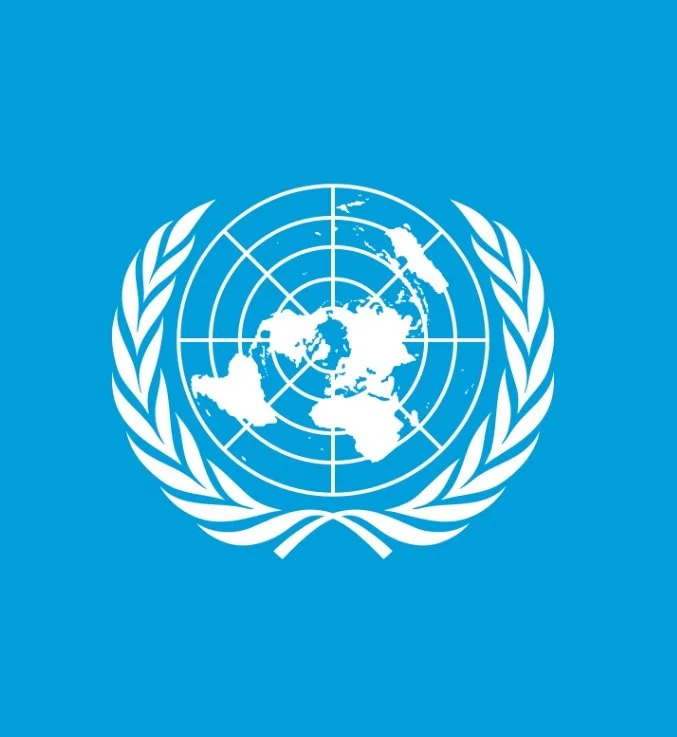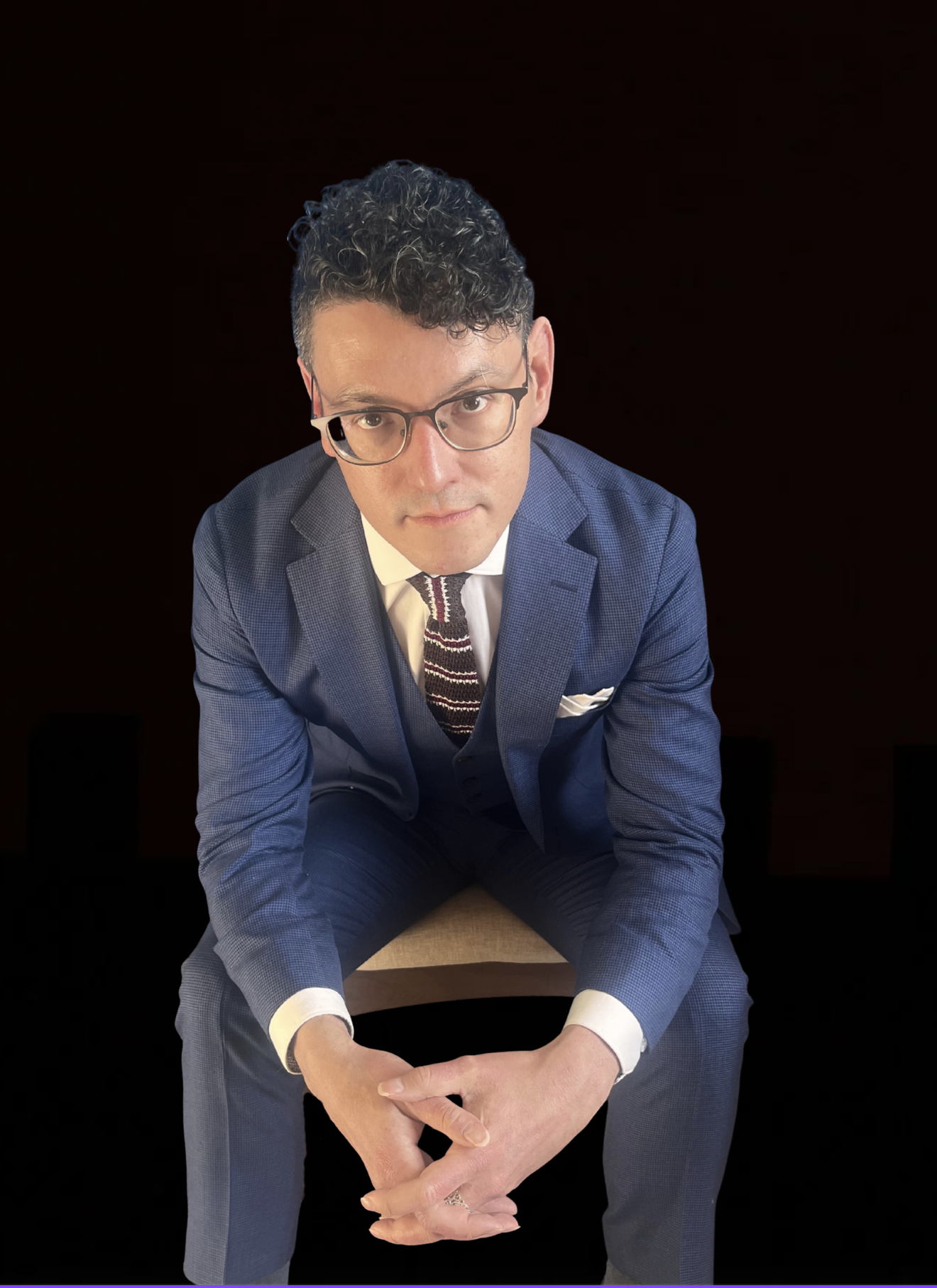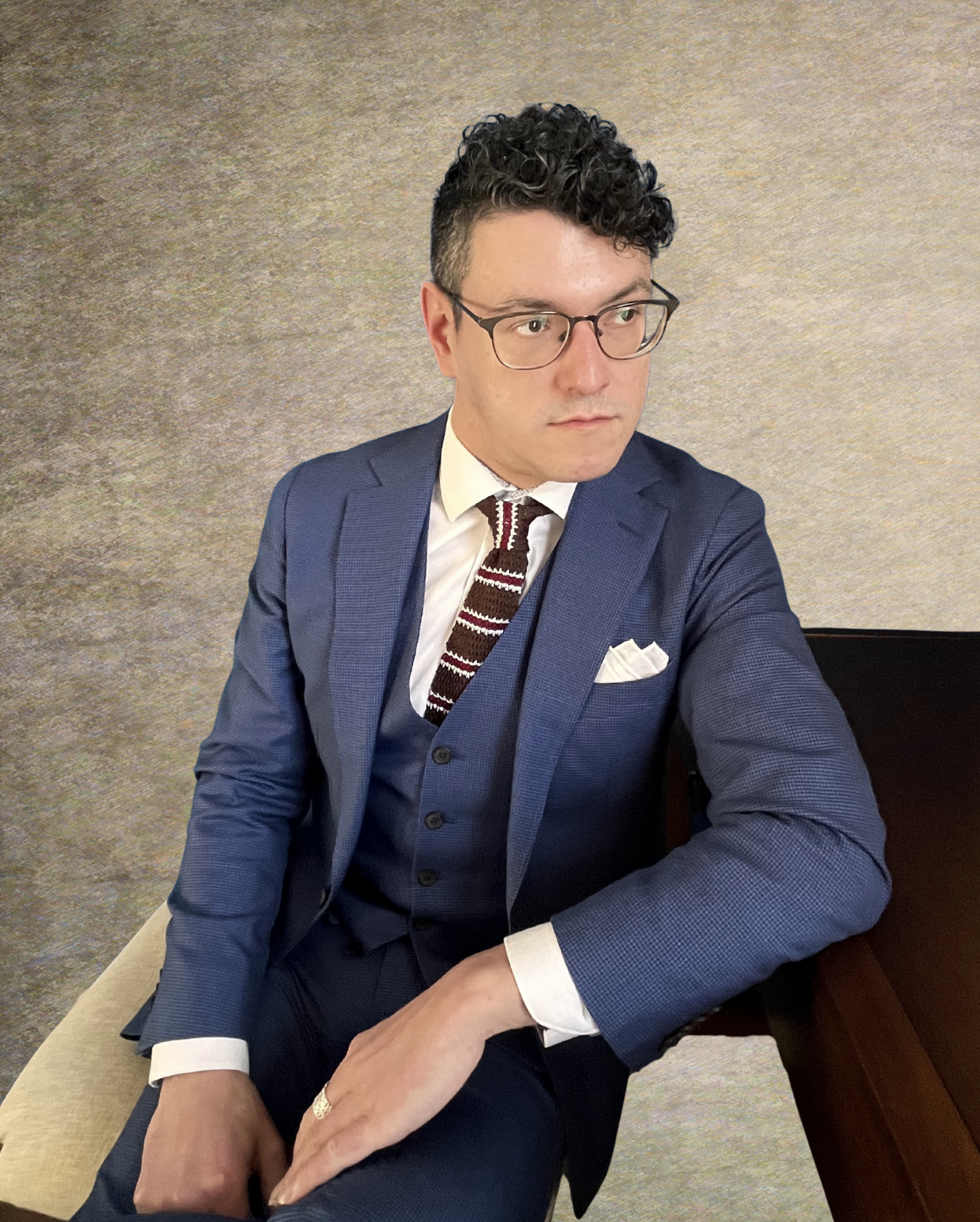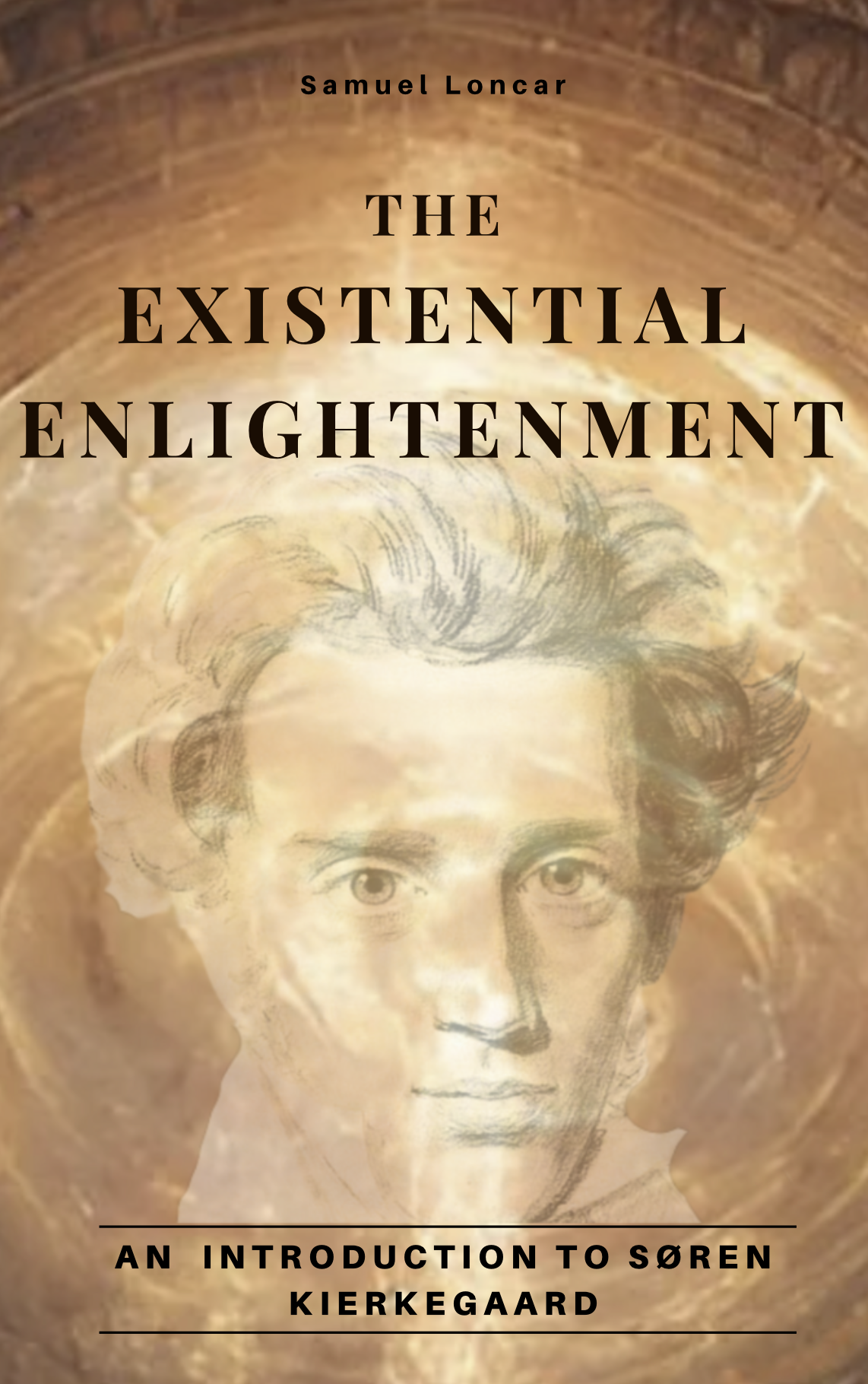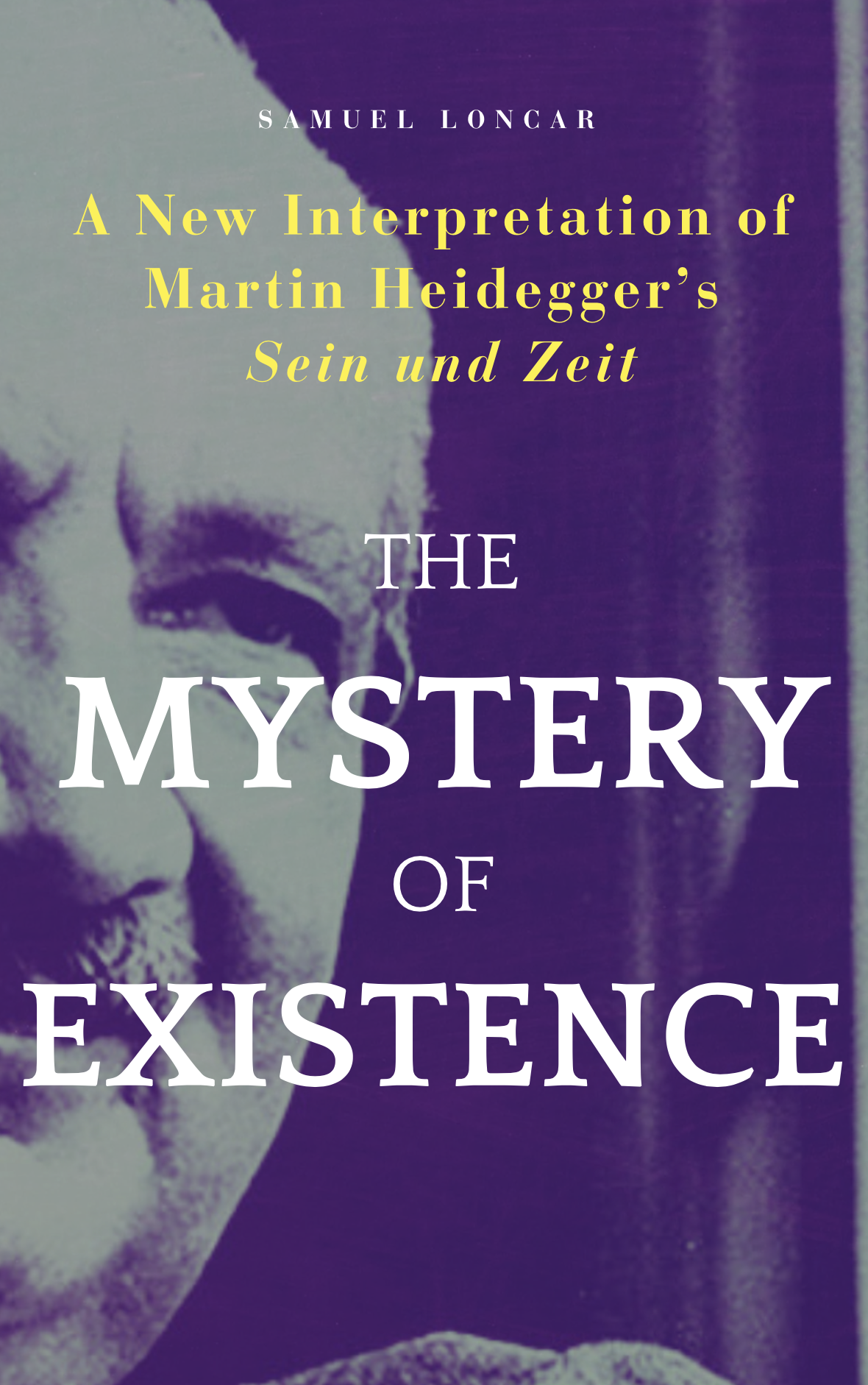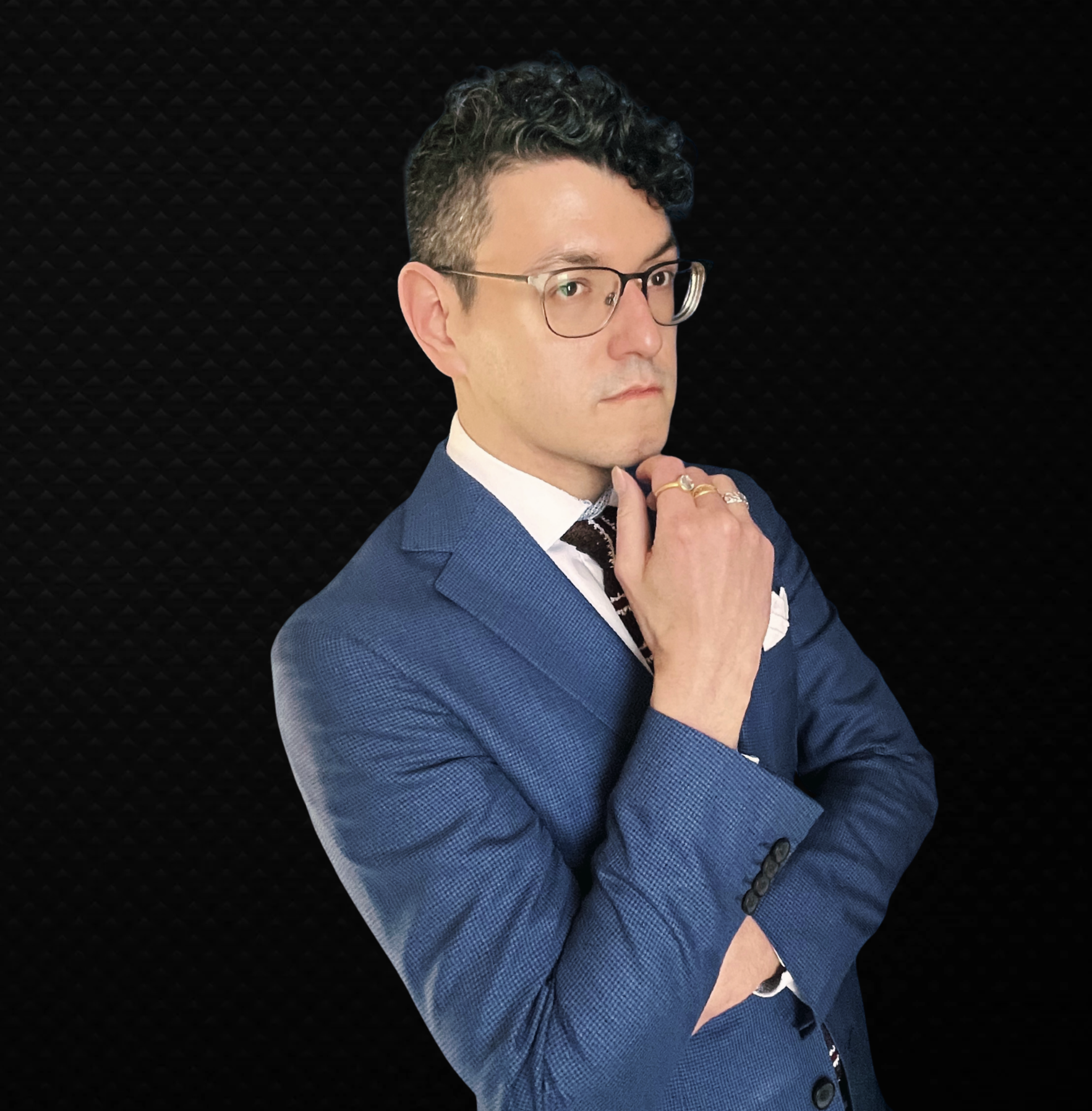
What would you do
with the power of the gods?
֍ Honoring immortality is essential in indigenous cultures.
֍ Achieving immortality is a quest found in our greatest myths.
֍ Preparing for immortality is the heart of modern spirituality.
֍ Creating a post-death society is the focus of longevity science.
“What woud you do with the power of the gods?” has never been a theoretical question: it remains the central concern of the ancient art of philosophy, the root of what we call religion and science.
Our species must evolve a wisdom equal to the powers we wield. A future where the biological life of the cosmos, Earth, and humans flourish together depends on how each of us uses our agency to respond to the most essential question of our time.
What you believe about humans, superpowers, consciousness, or eternity is far less important than how you choose to meaningfully engage with the reality that these categories shape our world.
Are you prepared to give an answer?

Philosopher ֍ Scholar ֍ Consultant & Speaker
Samuel Loncar, Ph.D. is a Yale-trained philosopher and scholar of religion and science healing the divide between mind and matter. He is a Platonic transhumanist who practices an ancient form of philosophy, which is the root of Western spirituality and science.
Dr. Loncar’s groundbreaking book, Philosophy as Religion and Science from Plato to Posthumanism, forthcoming with Columbia University Press, proves that the modern categories of science and religion are sibling traditions, both descended from a single origin: ancient philosophy.
His speaking and consulting helps corporations and leaders navigate the social, political, and ethical questions of Artificial Intelligence (AI), Artificial General Intelligence (AGI), and life extension. An expert on the historical and cross-cultural meaning of consciousness, death, and immortality, his scholarship provides the rational foundation for the possibility of eternal life.
As a consultant and speaker, he has worked with global leaders and organizations like the United Nations, Trinity Church Wall Street, and Flagship Pioneering. His speaking and writing on spirituality and technology include being a part of artist Sarah Mayoha’s 2017 NYC show, Cloud of Petals, a large-scale exhibition and virtual reality experience.
Born in Athens, Greece Samuel’s ancestors’ diverse origins give him global roots: in Okinawa, Japan, among the Chippewa (or Ojibwe) people, and in Eastern Europe (Poland and Croatia), and they motivate his mission to unite the ancient and the modern.
Dr. Loncar’s intergrated approach to building business and consulting draws from a decade of research at Yale, teaching in America and Europe, and institution building around knowledge technologies. His institutions include the Marginalia Review of Books, the evolution of the research university for the digital age, where he is Editor-in-Chief and the Director of the Institute for the Meanings of Science. The Institute’s current project, Meanings of Life: The New Biology, is funded by the Templeton World Charity Foundation and aims to identify a new narrative for biology that reveals the special and wondrous nature of living organisms.
֍ PILLARS OF THE PHILOSOPHICAL LIFE
Anthropic Strategy
֍ Anthropic Strategy™ creates the vision of humanity worthy of immortality.
Theomorphic Character
֍ Theomorphic Character ™ builds personal character worthy of divinity.
Aeonic Agency
֍ Aeonic Agency ™ provides the power to act meaningfully across space, time, and eternity.
Becoming Human Project
On-Demand Courses
Becoming Human is born from a new story of the human that Dr. Loncar lives and seeks to share with others in his scholarship for the public good.
The project brings his original research, lectures, and conversations with scientists, artists, thinkers, and writers to the widest possible audience. You can access his public work through his YouTube, Substack, and podcast, Becoming Human: A Show for a Species in Transition.
click any cover to purchase
Start Becoming Human Today
Join a growing community of indviduals from all walks of life dedicated to pursuing the love of wisdom and receive access to over 20 hours of on-demand audio courses, live vitural weekly classes, and member-only content sent via Substack.
Dr. Loncar’s philsophical work on the new existential questions posed to the human species through scientific breakthroughs and spiritual evolution is influenced by Immanuel Kant’s three questions that frame the human experience:
֍ What can I know?
֍ What should I do?
֍ What may I hope?
AI can not answer these questions for you. AI can not even answer these questions about itself.
Only the human can answer these questions in a meaningful way that increases individual agency in the world as an rational power oriented to pursing what is true over what is convenient.
As a philosopher and scholar of religion, Dr. Loncar has spent over 20 years studying how ancient, indingenous, and modern cultures relate to the idea of the god, an agentic being that is surpassingly beyond initial comprehension.
And the first agentic power that one is responsible for learning to truly understand is one’s own Self.

“The world of gods and spirits is…the collective unconscious inside me.”
Carl Jung
Becoming Human Podcast
A Show for A Species in Transition
From interviews with leading scholars, artists and scientists to long-form lecture series, Dr. Loncar’s podcast is designed to inform, inspire, and transform your relationship to your self and the world.
